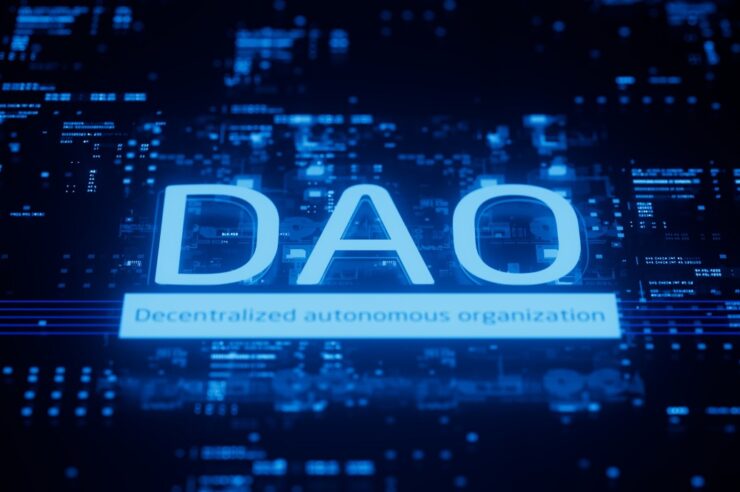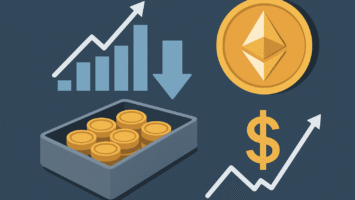Decentralized Autonomous Organizations (DAOs) are a revolutionary concept in the world of blockchain and cryptocurrencies, offering a unique approach to governance and decision-making. This article explores the niche world of DAOs, their principles, applications, and their potential impact on various sectors.
Defining DAOs
A DAO is an organization governed by code and consensus rules, rather than traditional hierarchical structures. It operates on a blockchain and uses smart contracts to automate decision-making and execution of rules. DAO members vote on proposals, and once a majority is reached, the code enforces the decision without the need for intermediaries.
Key Elements of DAOs
- Smart Contracts: DAOs use smart contracts to automate processes, ensuring transparency and reducing the need for intermediaries.
- Token Holders: DAO members hold tokens that represent voting power and financial stakes in the organization.
- Proposals and Voting: Members submit proposals and vote on decisions through the DAO’s platform, typically weighted by their token holdings.
Use Cases for DAOs
DAOs have a variety of potential applications:
- Decentralized Finance (DeFi): DAOs are central to DeFi protocols, making decisions on code upgrades, asset listings, and fee structures.
- Blockchain Development: Many blockchain projects use DAOs to decide on development direction, budget allocation, and protocol upgrades.
- Collective Decision-Making: DAOs can be used for collective decision-making in various organizations, communities, and even governments.
- Content Platforms: Content-sharing platforms are exploring DAOs to let users govern the platform’s rules and content moderation.
Impact on Industries
DAOs have the potential to disrupt numerous industries:
- Finance: DeFi is pioneering the use of DAOs, enabling users to participate in lending, borrowing, and trading without relying on traditional banks.
- Tech Development: Blockchain projects that rely on community consensus and collaboration can achieve more transparent and decentralized development.
- Content Creation: DAOs can empower content creators and users to govern the rules and policies of platforms, ensuring fair content moderation and monetization.
- Governance: Governments and organizations can explore DAOs for decision-making in a transparent and participatory manner.
Challenges and Criticisms
While DAOs hold great promise, they also face challenges:
- Security: Vulnerabilities in smart contracts can lead to hacks and financial losses. Code audits and security measures are crucial.
- Legal Frameworks: Many legal systems do not recognize DAOs, making it challenging to determine liability and governance within existing legal frameworks.
- Scalability: As the number of users and proposals increases, scalability challenges can emerge.
The Future of DAOs
DAOs are still a niche concept, but they hold the potential to transform governance, decision-making, and collaboration. Future developments may include improved smart contract security, increased integration with traditional systems, and the creation of legal frameworks to accommodate DAOs. The technology is rapidly evolving, offering exciting opportunities and challenges.
Conclusion: Pioneering Decentralized Governance
DAOs represent a pioneering approach to governance, offering the potential for more decentralized, transparent, and participatory decision-making across various industries. As the technology continues to advance and find broader acceptance, DAOs may become a transformative force in the way organizations, communities, and even governments operate and make decisions, ushering in a new era of decentralized governance.



